Pulse 2011: Firms should have tech clear-outs
IBM used its annual service management conference to advice organisations to chuck out the old to make room for innovation and cost-savings.
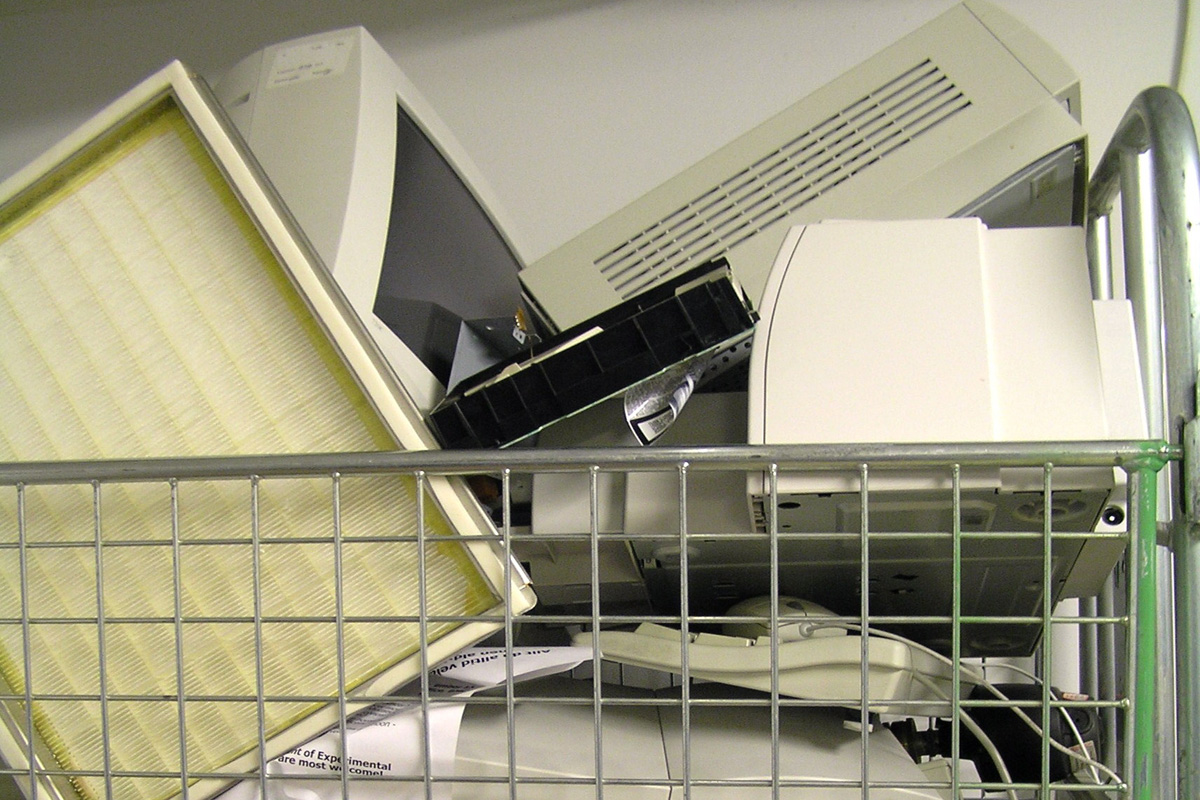

Businesses need to get rid of IT clutter in order to start innovating properly and remain competitive.
So claims Steve Mills, president of IBM's software group, who used the opening keynote of Big Blue's Pulse 2011 event in Las Vegas to offer guidance to the 7,000 assembled delegates as to why they need to start questioning more thoroughly what resources they're using, where and why.
"[Technology] is like fire. It can either heat your home or burn it down. We need to start to understand how to think about controlling and using it effectively," he said.
"None of you have infinite budgets."
Many businesses are spending 70-80 per cent of their total IT budget simply keeping the lights on, or on run-time costs, according to Mills. This unfocused and wasteful approach can't and shouldn't go on, he warned.
"We have accumulated one hell of a lot of IT and data," he said, adding there are zettabytes of data and millions of servers around the world all using resources and computing power but not necessarily delivering value in return.
"Run costs are now reaching a breaking point where they are becoming unmanageable. You've got to start to bring down costs. You've got to bring down run-time expenses. Probably all of you have done some of this, but the question is have you done enough of it?" he said.
Sign up today and you will receive a free copy of our Future Focus 2025 report - the leading guidance on AI, cybersecurity and other IT challenges as per 700+ senior executives
"How can you improve service delivery if you're struggling with sprawl every hour of every day? You can't get there."
Consolidation and federation will be key, according to Mills who said that IBM has also tried to de-clutter and look at what it doesn't need as well as what it does need.
Since 1997, Big Blue has slashed the number of apps it runs from 15,000 down to just 4,700, according to Mills. Furthermore, the number of networks in use is down from 31 to one, there are now just five web hosting centres, compared with the 80 back in 1997 and, today, the number of hosted data centres has come down from 155 to just seven.
In other warps of life we can easily realise the benefits of certain logic, for example using one plane to get 300 people from one New York to California, rather than everyone travelling individually by road, Mills said. However, that common sense doesn't always transport itself to the IT world," he added.
"The fewer boxes you have means fewer power supplies, cost and labour. You can't deny it. It's arithmetic. Anyone who denies it is not thinking clearly," Mills said.
Referring to the plane vs car thinking analogy, he added: "We don't debate these things but in the virtual world we debate these things endlessly. You're entitled to your opinions, but you're not entitled to your own facts!"
Mills said that IBM was just at the beginning of its journey to rationalise IT spending and use and encouraged delegates to throw out their unwanted assets and start on their own journeys.
"If you haven't got the message, I'm telling you all you need to get rid of IT. Clean out your basements, clean out your attics, you garages. Clean it, put it on eBay, clean up the place," he said.
"Why do you need 10 different ledger systems? It's not going to happen overnight but I'm telling you to attack the problems. Why pay IT vendors more than you have to?"
Maggie has been a journalist since 1999, starting her career as an editorial assistant on then-weekly magazine Computing, before working her way up to senior reporter level. In 2006, just weeks before ITPro was launched, Maggie joined Dennis Publishing as a reporter. Having worked her way up to editor of ITPro, she was appointed group editor of CloudPro and ITPro in April 2012. She became the editorial director and took responsibility for ChannelPro, in 2016.
Her areas of particular interest, aside from cloud, include management and C-level issues, the business value of technology, green and environmental issues and careers to name but a few.
-
 AI coding tools are booming – and developers in this one country are by far the most frequent users
AI coding tools are booming – and developers in this one country are by far the most frequent usersNews AI coding tools are soaring in popularity worldwide, but developers in one particular country are among the most frequent users.
-
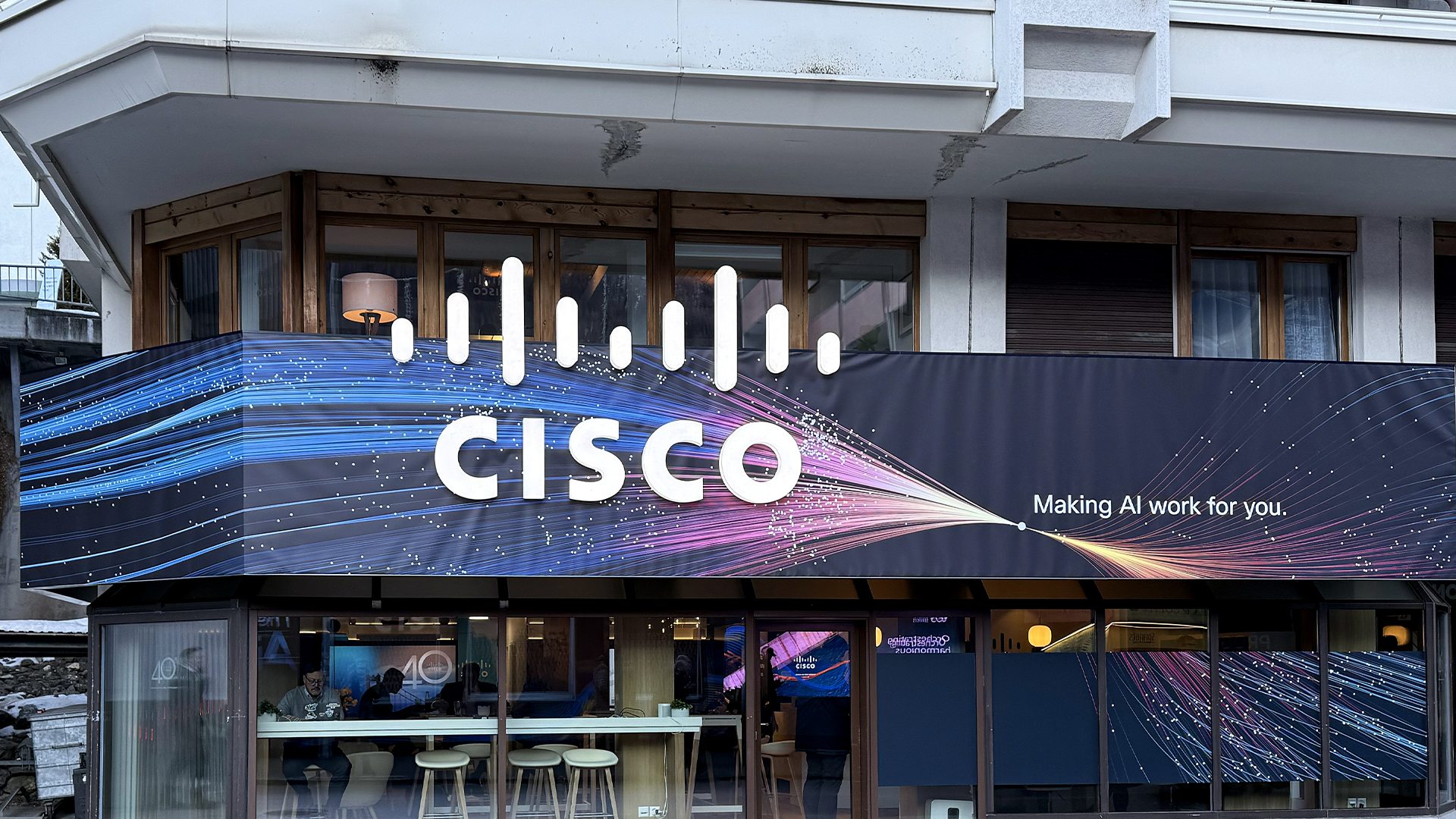 Cisco warns of critical flaw in Unified Communications Manager – so you better patch now
Cisco warns of critical flaw in Unified Communications Manager – so you better patch nowNews While the bug doesn't appear to have been exploited in the wild, Cisco customers are advised to move fast to apply a patch
-
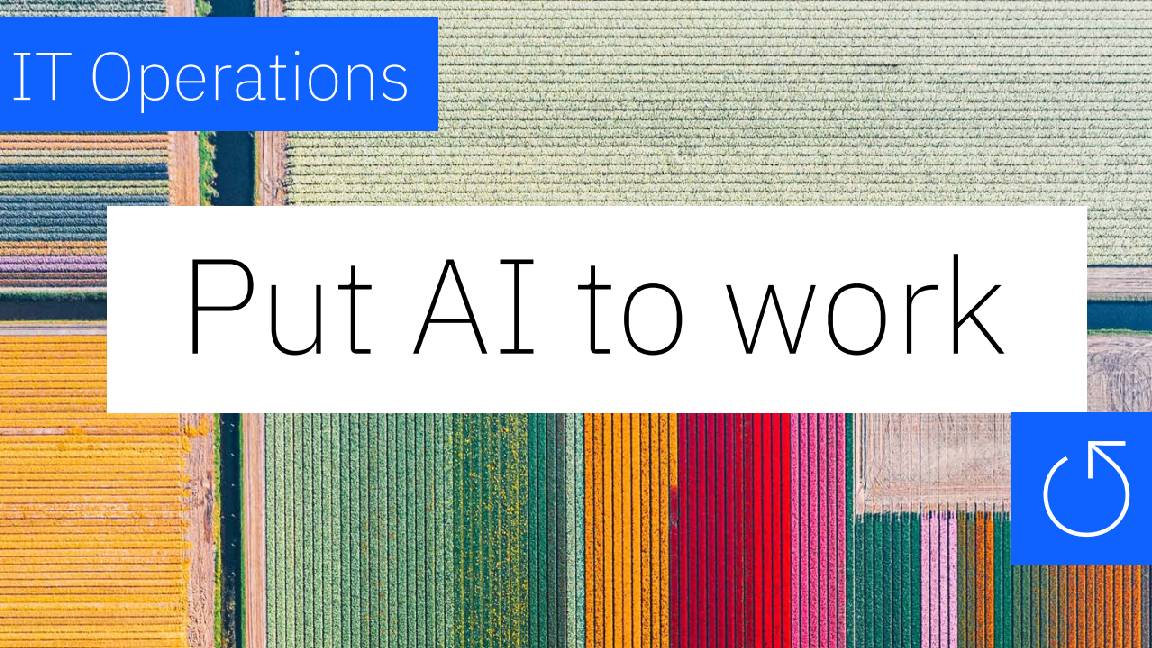 Put AI to work for IT operations
Put AI to work for IT operationswhitepaper Reduce the cost and complexity of managing hybrid applications
-
 AI in the retail industry is spreading beyond the IT department
AI in the retail industry is spreading beyond the IT departmentNews AI has become a strategic imperative for retailers, delivering marked productivity gains
-
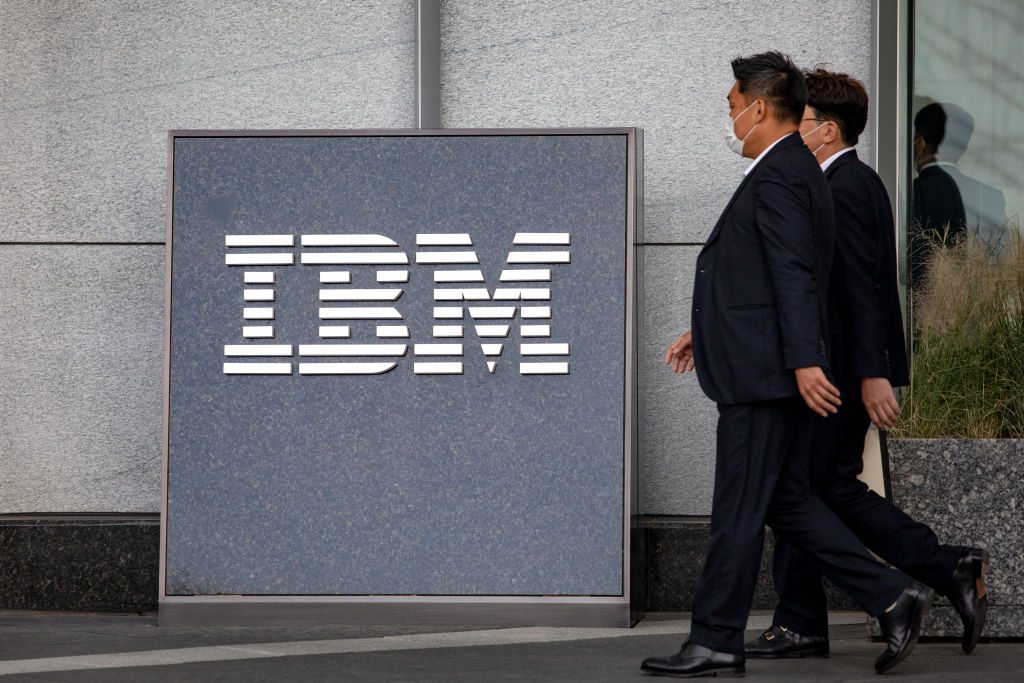 Maximizing contact center operations with generative AI assistants backed by responsible AI principles
Maximizing contact center operations with generative AI assistants backed by responsible AI principleswhitepaper Reduce the cost and complexity of managing hybrid applications
-
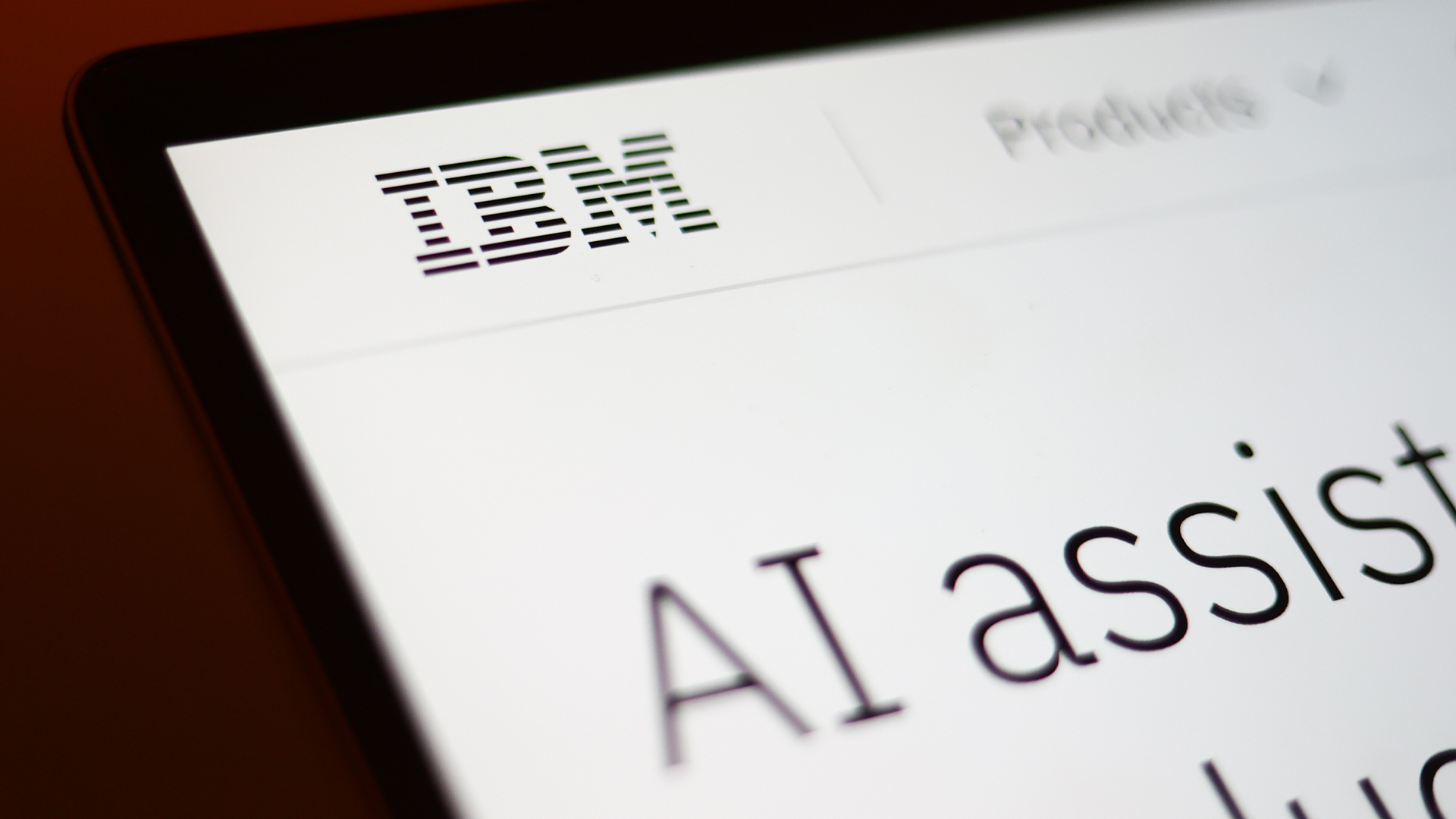 IBM just launched powerful new open source AI models – here’s what you need to know
IBM just launched powerful new open source AI models – here’s what you need to knowNews Available under the Apache 2.0 license, IBM's Granite 3.0 models are trained on enterprise data and can out-perform the competition
-
 Achieving business outcomes with generative AI
Achieving business outcomes with generative AIWebinar Take your hybrid cloud journey to the next level with generative AI
-
 Wimbledon’s new Catch Me Up AI feature promises to keep fans up to date at the tournament – after it irons out some of the wrinkles
Wimbledon’s new Catch Me Up AI feature promises to keep fans up to date at the tournament – after it irons out some of the wrinklesNews The latest feature to come out of IBM’s partnership with Wimbledon will keep fans engaged from the early stages right through to the final with dynamic player insights
-
 AI demands new ways of data management
AI demands new ways of data managementwhitepaper The data leader’s guide for how to leverage the right databases for applications, analytics and generative AI
-
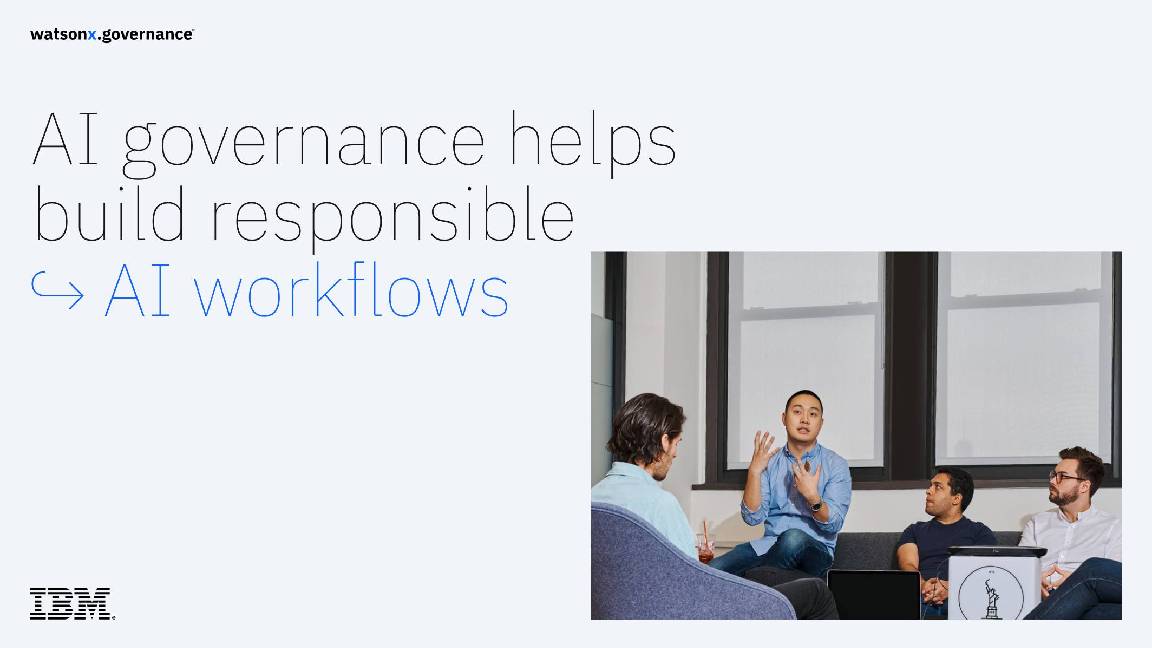 AI governance for responsible transparent and explainable AI workflows
AI governance for responsible transparent and explainable AI workflowswhitepaper Build greater trust in your AI
